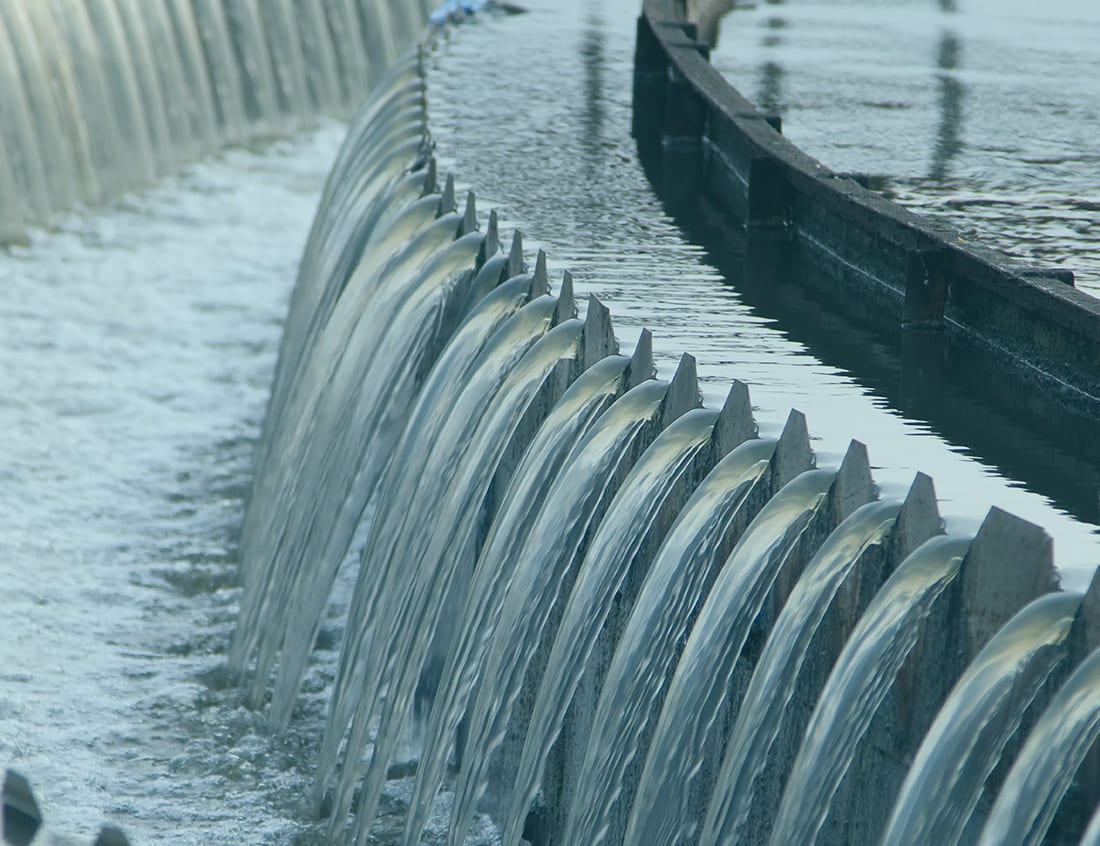The Vital Stages of Industrial Wastewater Treatment
Stages of Industrial Wastewater Treatment
Industrial processes generate a unique blend of wastewater requiring specialized treatment before being safely released or reused. These systems rely on a multi-stage approach to effectively remove contaminants, often exceeding the standards for domestic wastewater treatment.
Stage 1: Pre-treatment
This initial stage focuses on removing large solids, grit, and oils that could damage equipment downstream. It employs:
- Screening: Removes rags, plastics, and large debris through filters.
- Grit removal: Separates sand, gravel, and other heavy materials using settling tanks or cyclones.
- Oil and grease removal: Utilizes skimming, flotation, or chemical coagulation to separate oil and grease from the water.
Stage 2: Primary Treatment
This stage focuses on removing settleable and floatable solids. It primarily involves:
- Primary sedimentation: Large tanks allow heavy solids to settle out, while lighter materials like oil and grease rise to the surface for removal.
Stage 3: Secondary Treatment
This crucial stage removes dissolved organic matter and biological contaminants like bacteria. Two common methods are:
- Activated sludge: Bacteria in large tanks break down organic matter through an aeration process, requiring oxygen and a controlled environment.
- Trickling filters: Wastewater trickles over a media bed colonized by bacteria, facilitating the breakdown of organic matter.
Stage 4: Tertiary Treatment (Optional)
This final stage removes additional pollutants for specific purposes, like:
- Disinfection: Eliminates harmful bacteria and viruses using chlorine, ultraviolet light, or ozone.
- Nutrient removal: Removes excess nitrogen and phosphorus to prevent algal blooms in receiving bodies of water.
- Advanced filtration: Utilizes membranes or filters to remove further contaminants like heavy metals or pharmaceuticals.
Beyond Treatment: Sludge Management
Throughout the process, solid waste accumulates in the form of sludge. This requires proper treatment and disposal, such as:
- Thickening and dewatering: Concentrates the sludge to reduce volume and facilitate further processing.
- Stabilization: Breaks down organic matter in the sludge to reduce odor and improve handling.
- Land application, incineration, or co-digestion: Various options exist for responsible final disposal or beneficial reuse.
By meticulously addressing each stage, industrial wastewater treatment systems ensure that treated water meets environmental regulations and can be safely discharged or even reused, minimizing its environmental impact ChemREADY offers custom solutions to industrial wastewater processes, from pre-treatment to sludge management, and everything in between. Visit our website to learn more or contact sales@zinkan.com to discuss your specific application.
About The Author
Nick Piskura is the Marketing and Web Development Specialist at ChemREADY who utilizes expertise in digital marketing strategies to provide knowledgeable insights in each segment of our business. Nick provides insights through web development and multimedia resources that support ChemREADY’s full range of services, including Legionella management, ANSI/AAMI ST108 compliance, boiler and cooling tower treatment, wastewater processing, and industrial water quality solutions.

